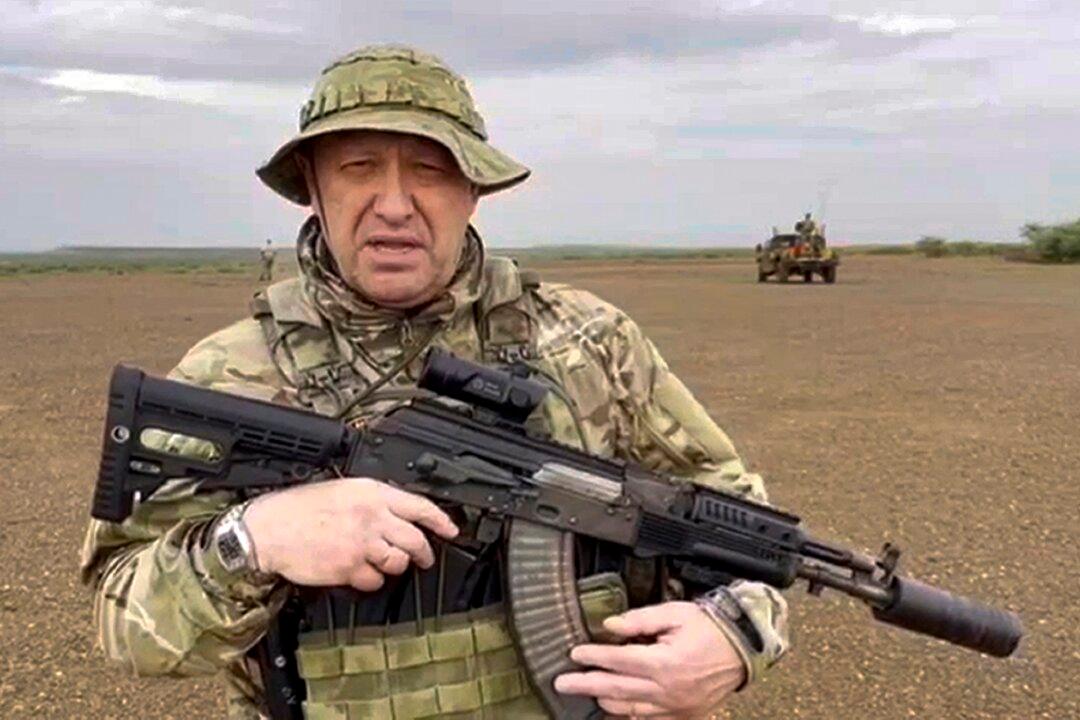Russian officials said on Aug. 30 that the plane crash that reportedly killed mercenary chief Yevgeny Prigozhin may have been brought down deliberately, the first hint by the Kremlin that Mr. Prigozhin’s death may have been an assassination.
The jet that plunged to earth on Aug. 23 soon after taking off from Moscow for St. Petersburg was carrying Mr. Prigozhin, six other members of the Wagner paramilitary group, and three crew members, according to Russia’s civil aviation authority.





